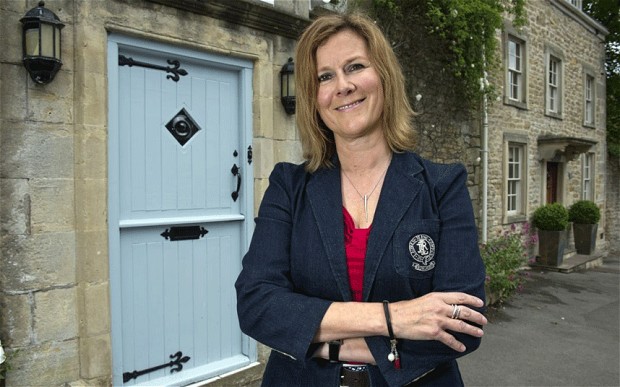Landlords Fear Forthcoming Tax Changes
The Government is facing growing pressure to reconsider its new taxes concerning buy-to-let investors, which were announced in the summer Budget.
Landlords argue that not only will the change force them to evict tenants and sell properties, but it will also prevent the development of new homes, something that the Government is trying to push.
The proposed tax change will be implemented gradually, enforced in full from 2020. It will only affect landlords with mortgages, but many have calculated that they will have to pay over 100% of their profits in tax when the change is fully applied.
Graham Chilvers, of Torquay, owns 75 properties. He argues that none of them could have been bought by first time buyers, as he either built or restored them himself.
Under the Government’s planned tax changes, Chilvers would not be able to finance such projects.
Properties with great potential would remain derelict or be developed by large commercial firms that are not affected by the new taxes, which only target private individuals.
Chilvers says: “The Government justifies its attack on buy-to-let by saying landlords have an unfair advantage over people wanting to buy their own homes. But no homebuyer was competing with me on any of these properties.”
Chilvers (pictured) bought a former Victorian hotel, which was in disrepair and occupied by squatters when he purchased it in 2004.
He converted the main building into nine two-bedroom apartments and built two three-bed homes in the space that used to be the swimming pool.
Many of Chilvers’ other properties were also once hotels or care homes and he built some from scratch.
He believes that his portfolio is worth £6.4m, against which he has borrowed just £2.4m.
His rental income totals £330,000 per year. The cost of mortgage interest is £80,000 and maintenance, insurance and other expenses come to £100,000-£120,000.
This means Chilvers makes a taxable annual profit of between £130,000-£150,000.
Currently, his tax bill is around £50,000. When the new taxes are fully implemented, he will pay an extra 32% in tax, with his bill growing to around £70,000. Chilvers would then be paying a tax rate of 44%.
This calculation is based on all other factors – rent, maintenance, interest rates, etc. – all staying the same.
Chilvers is mostly concerned about how the planned tax changes will hit when interest rates rise. Due to the way the tax operates, landlords will actually pay more tax when mortgage costs increase, despite them making less gross profit.
He worries: “Not only will this tax prevent me from undertaking further development, but it poses real risks to my business just at a time that interest rates could rise.”1
Chilvers’ mortgages currently charge an average rate of 3.3%. He calculates that if this rises by two percentage points to 5.3%, his mortgage interest bill will be £128,000. If this is the case, his total tax payable will increase to £75,000.
His effective tax rate as a percentage of his gross profits will then be 53%. Chilvers has created an online calculator for other landlords to work out how the tax change will affect their finances. Find it here: http://www.asklandlords.uk
Other full-time landlords also believe that ordinary homeowners are not competing for the same properties as landlords.
Many have written to their MPs and over 25,000 have signed a petition for the tax to be amended or reversed. Sign it here: https://petition.parliament.uk/petitions/104880
Cathy Colston is a retired executive of Boots, who became a full-time landlord in 2010. She owns around 20 properties across Bath, Cardiff and Bristol.
She explains her viewpoint: “There are problems in the housing market and yes it is difficult for homeowners to buy. But landlords are not the problem.
“Almost all the properties I want to buy are not the same as those wanted by owner-occupiers. People buying their own home are largely guided by their hearts – it’s about where they want to live. I am buying very much with my business head and looking at potential returns.
“The real problem preventing people from buying their own homes is the lack of mortgage finance. The Government’s argument that this tax change will make a level playing field between investors and ordinary homebuyers is flawed.”
Like many professional landlords, Colston is not changing her strategy until more details about the new taxes are released. This is expected within weeks as part of the Finance Act.
She says that her future options include selling some properties in order to pay down the mortgages on others.
Colston owns most of her portfolio in her name. Future purchases are likely to be made through a company structure, where the impact of the tax changes will be lessened.
She notes: “I do want to keep growing my business. The whole point of this was to provide an income to live off.”
But one of the problems with buying through a company is that mortgages are more difficult to arrange.
Colston says: “I think that will become an area to watch. It has been relatively easy for individuals to arrange buy-to-let mortgages in their own names. Raising finance through a limited company will be harder.”1











